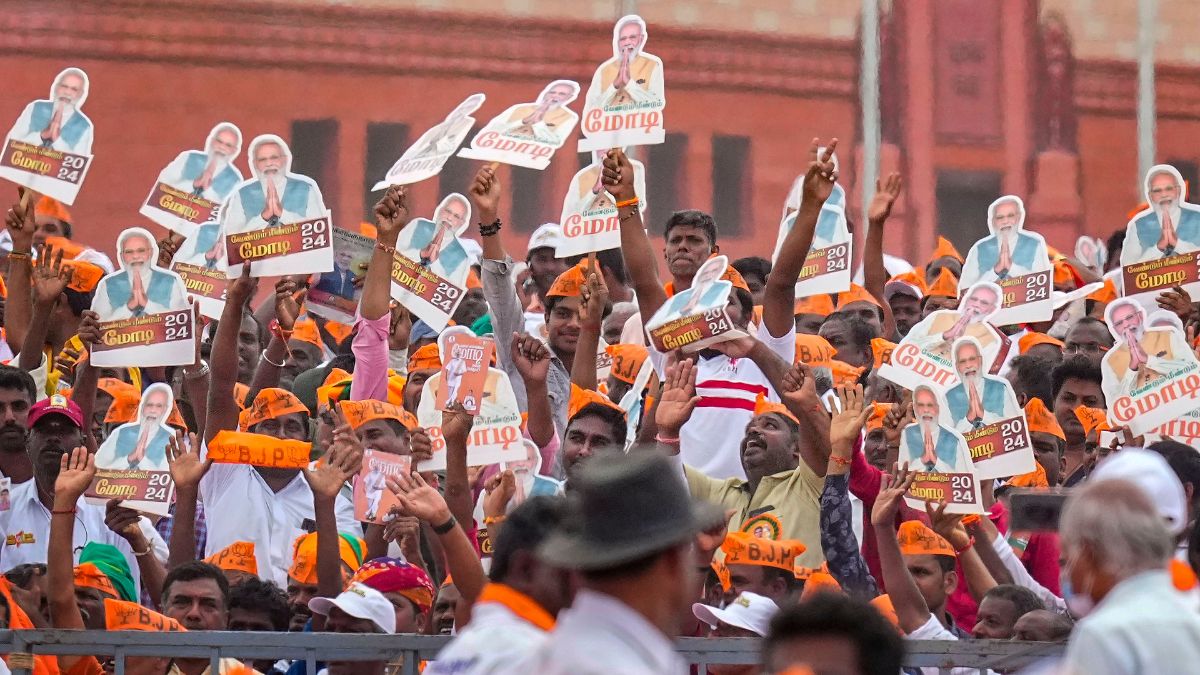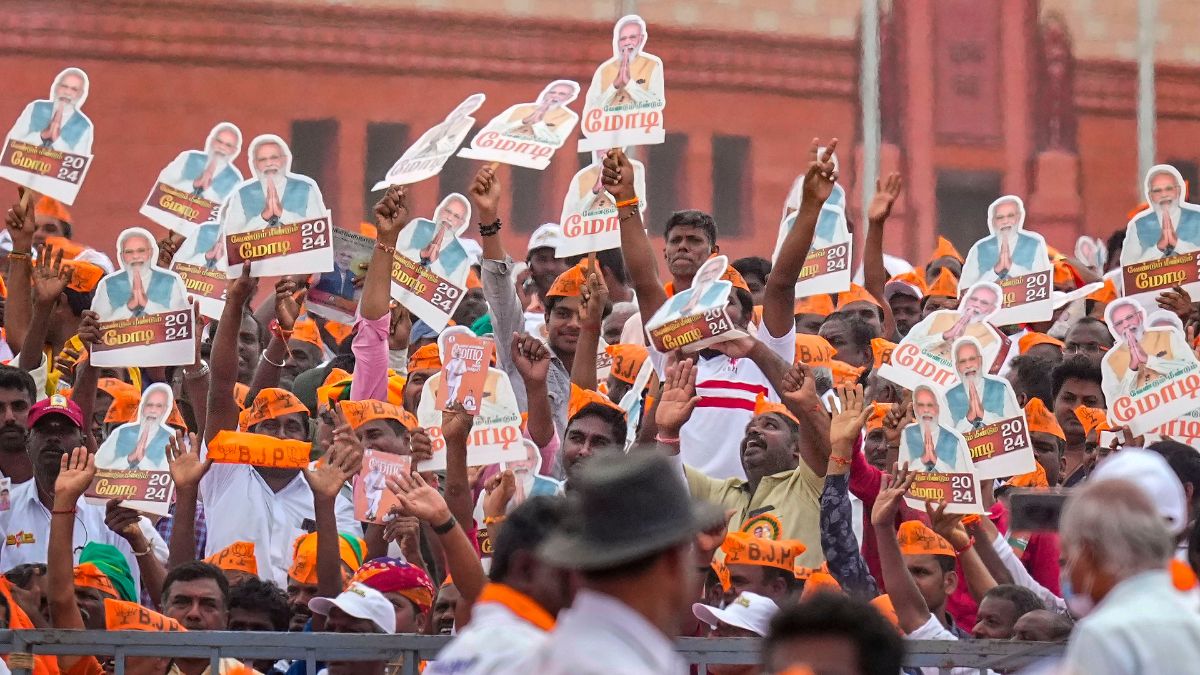Does the political use of the Intelligence Bureau, India’s domestic intelligence agency, increasingly pose a threat to Indian democracy? India’s top intelligence agencies, including IB, Research & Analysis Wing (R&AW) and National Technical Research Organisation (NTRO) are outside the purview of Parliament and there exists almost no documentation that makes them accountable for their actions. The lack of transparency combined with no legislative accountability makes their intellignce reports vulnerable to political manipulation, be it in the case of Gopal Subramanium or Ashok Kumar, the HC judge accused of corruption by Justice Katju.
Writing in
The Indian Express
, Pratap Bhanu Mehta questions “the dangerous elevation of the Intelligence Bureau to the role of ultimate arbiter of character and competence,” writing:
“So let us put it gracelessly. Inputs from the IB can be important. But if they are accepted uncritically, if no one has the courage to ever overrule them, Indian democracy will be in great danger. How many times in the past have you heard that potentially worthy judges were scuttled by the IB? Katju may feel entitled to ask his brother judges why they went against what he claims were their own judgements. But it is utterly naive to think that an IB report cannot itself be politicised through omission and commission. The IB can easily create a fog of suspicion where none exists and scuttle good candidates; it can also choose to underemphasise what is already known. Since there is apparently deep IB scrutiny of candidates, what explains the fact that apparently so many bad apples made it through?”
In February 2013, Centre for Public Interest Litigation, through senior SC lawyers Anil Divan and Prashant Bhushan, petitioned the apex court seeking to make these bodies accountable to the people. While the court termed it a policy matter, it issued notices to the Centre and the intelligence bodies seeking their response.
“Former heads of these organisations have published books on how the money is misused and and how the agencies are misused for political purposes,” the petition has said, adding accounting is required as “more than ten thousand crore is granted to these agencies out of consolidated funds of India”.
Reviewing B Raman’s book titled ‘Intelligence Past, Present and Future’, senior strategic affairs journalist Praveen Swami had in an earlier article on Frontline Magazine argued:
Intelligence agencies simply cannot function if operational details have to be shared with politicians, and a key index of the success of covert operations is that they remain so. At the same time, the services do not function in a vacuum. Unless there is some form of democratic accountability, there can be no meaningful institutional reform. In India, the only known form of oversight that exists is the regular briefings given by I.B. officials to the Parliamentary Standing Committee attached to the Ministry of Home Affairs. The briefings, though comprehensive, are accounts of perceived threats to India, and not of tactics, objectives and overall strategic purpose.
Swami also lists out attempts in the past to bring the agencies under some sort of accountability, but such initiatives have since been shelved.
An inquiry commission headed by LP Singh investigated the IB and R&AW’s role during the Indira Gandhi-imposed emergency, but successive governments, he says, have kept the file under wraps.
BJP leaderJaswant Singh, during VP Singh’s tenure lobbied for some kind of oversight over the agencies, but did not bring up the matter when he was in office during Vajpayee’s government.
Questioning the very structure of the agency, a retired IB official in 2012 petitioned the Karnataka HC asked why an agency established under an administrative order without any constitutional or statutory identity – even after the commencement of the Constitution in 1950 – continue to function as an apex intelligence body.
“It has remained like a ghost, without a statute, all these 125 years,” Mysore-based R N Kulkarni, who joined the IB in 1963 and retired in 1998 as its joint assistant director, told the HC.
Responding to Kulkarni’s petition, the Centre had said that the IB is a civilian organisation which does not enjoy police powers. The then NDA government also acknowledged that the agency does not have a formal charter while adding that a GoM constituted had made an attempt to define the functioning of the IB, the Times of India reported .
While successive government’s have steered clear of defining the constitutionality of the IB, they continue to seek ‘valuable inputs’ on various individuals and organisations. As Mehta notes, “In governments where the IB seems to leak more than ministers are allowed to speak, the possibility of IB subversion of candidates is great. Only in India can the demand for accountability involve a greater role for the even more unaccountable institution.”


)




)
)
)
)
)
)
)
)